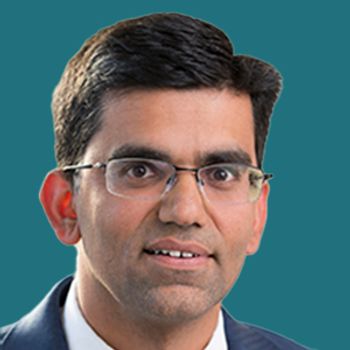
Atul Malhotra, MD, PhD, the head of the early neurodevelopment clinic at Monash Children's Hospital, discussed the importance of preclinical guidelines in the context of neonatal cell therapy.

Atul Malhotra, MD, PhD, the head of the early neurodevelopment clinic at Monash Children's Hospital, discussed the importance of preclinical guidelines in the context of neonatal cell therapy.
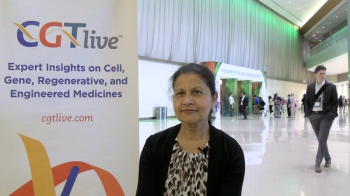
The director of the Stem Cell Transplant & Cellular Therapy Program at St. Louis Children’s Hospital discussed when the choice should be made to transition from symptom management to curative therapies.
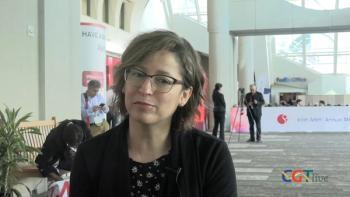
The assistant professor at Mayo Clinic School of Medicine discussed plans for further research and a phase 2/3 study.
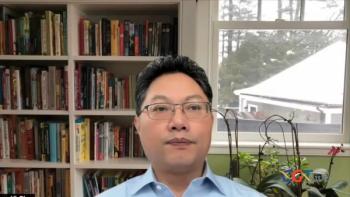
The associate professor of otolaryngology from Harvard Medical School discussed further research being pursued with AAV1-hOTOF gene therapy.
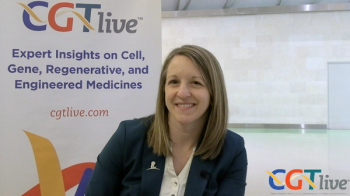
The clinical investigator in the Department of Bone Marrow Transplantation & Cellular Therapy at St. Jude Children’s Research Hospital discussed several areas of interest for research now that CAR-T is here to stay.
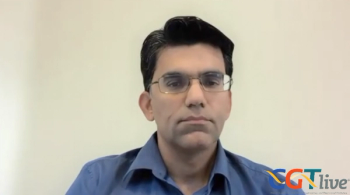
The head of the early neurodevelopment clinic at Monash Children's Hospital discussed clinical trials in the field of neonatal cell therapy.
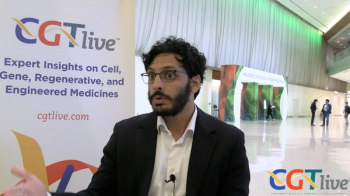
The transplant physician at St. David's South Austin Medical Center of the Sarah Cannon Transplant and Cell Therapy Network discussed a real-world study comparing bendamustine against fludarabine and cyclophosphamide.
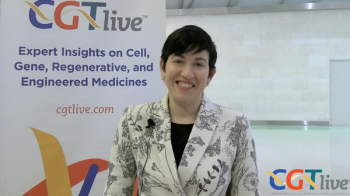
The associate professor of pediatrics at Emory University also discussed the need to empower patients and families to make their own treatment decisions.
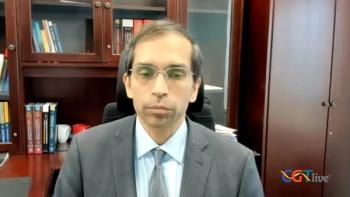
The director of the Mount Sinai Fuster Heart Hospital shared his optimism on data seen so far with VERVE-101.
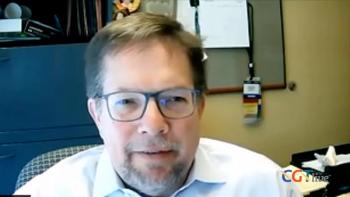
The associate professor of medicine, Medical College of Wisconsin, discussed advantages of afami-cel and data from the pivotal SPEARHEAD-1 trial.
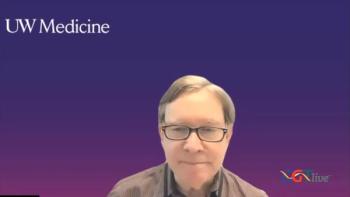
The McCaw Endowed Chair of Muscular Dystrophy at University of Washington discussed emphasized topics at this year's ASGCT meeting.
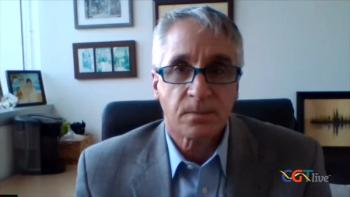
The director of Cell Therapy and Transplant at Penn Medicine discussed important considerations with administering CAR-T in a new field.
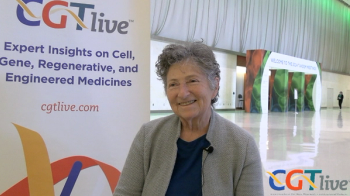
The endowed chair in cellular and molecular medicine at Boston Children’s Hospital discussed the rapid advancements in RNA-based treatments in the past 2 decades and potential advancements that remain on the horizon.
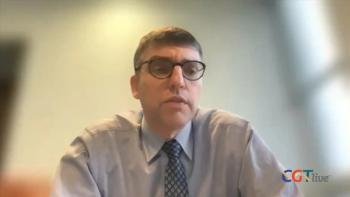
The chief of cardiology at Weill Cornell Medical College discussed gene therapy research into Friedreich ataxia and more.
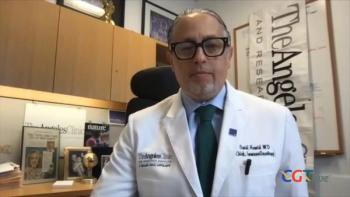
The professor from Cedars Sinai discussed how the cell therapy stands to revolutionize the treatment landscape.

The head of the early neurodevelopment clinic at Monash Children's Hospital discussed preclinical work in the context of neonatal cell therapy research.
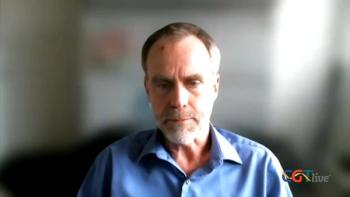
The associate professor of clinical pediatrics at Cincinnati Children's discussed the latest data from the phase 1/2 STAAR study of isaralgagene civaparvovec.
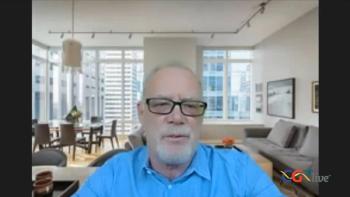
The chief scientific officer of CureDuchenne discussed challenges to tackle in the field.
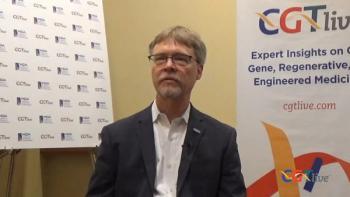
The director of the Manton Center for Orphan Disease Research at Boston Children’s Hospital discussed takeaways from a session on rare disease gene therapy at MDA.
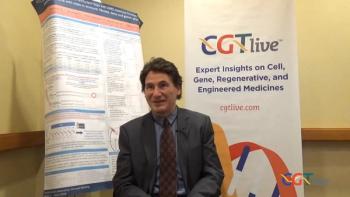
The lead scientist at Percheron Therapeutics discussed the design of the study assessing proteomics of ATL1102.
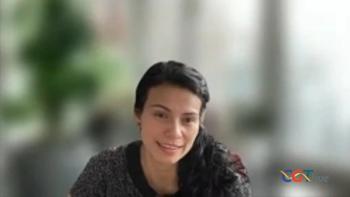
The Assistant Professor of Medicine at Weill Cornell Medical College discussed Orca-T cell therapy and next steps assessing it.
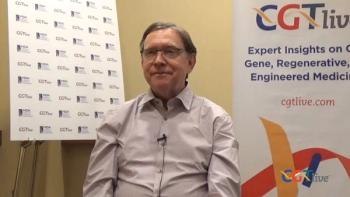
The McCaw Endowed Chair of Muscular Dystrophy at University of Washington discussed his research career with muscular dystrophies.
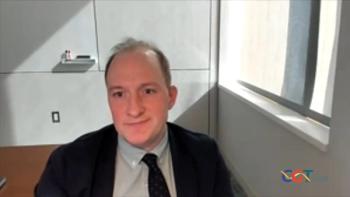
The assistant attending physician and bone marrow transplant specialist at Memorial Sloan Kettering Cancer Center discussed updated data on GDA-201 plus rituximab.
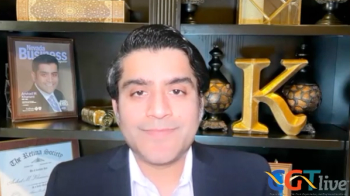
The assistant professor in the department of pediatrics at the University of Florida College of Medicine discussed also discussed the latest results announced from the phase 2 portion of the PRISM study.
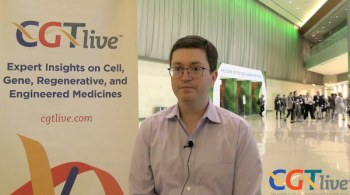
The assistant professor in the department of pediatrics at the University of Florida College of Medicine discussed also discussed the need to set standard guidelines regarding potential fertility issues for CAR-T treatment.
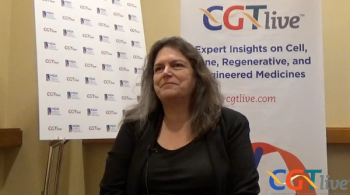
The professor of microbiology, immunology, and molecular genetics at UCLA discussed how a better understanding of treatment impact on a cellular level could help improve future gene therapy approaches.
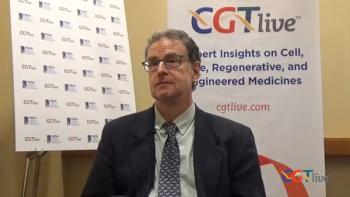
The deputy director, Division of Rare Diseases Research Innovation, NCATS, NIH, discussed initiatives including the BGTC and the platform vector gene therapy project.
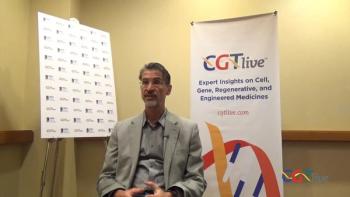
The Lichtenstein professor of neurology at University of Miami Miller School of Medicine discussed talks from a session on dysfunction and trafficking at the 2024 MDA Conference.
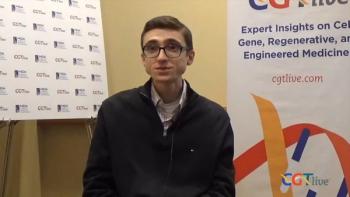
The lead of preclinical research at Amylyx Pharmaceuticals discussed the literature supporting AMX0114’s target and its upcoming trial design.
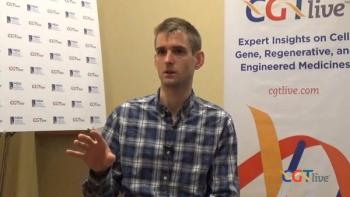
The postdoctoral scholar at University of California – Irvine discussed his research looking at TDP-43 and alternative polyadenylation in neuronal cells.